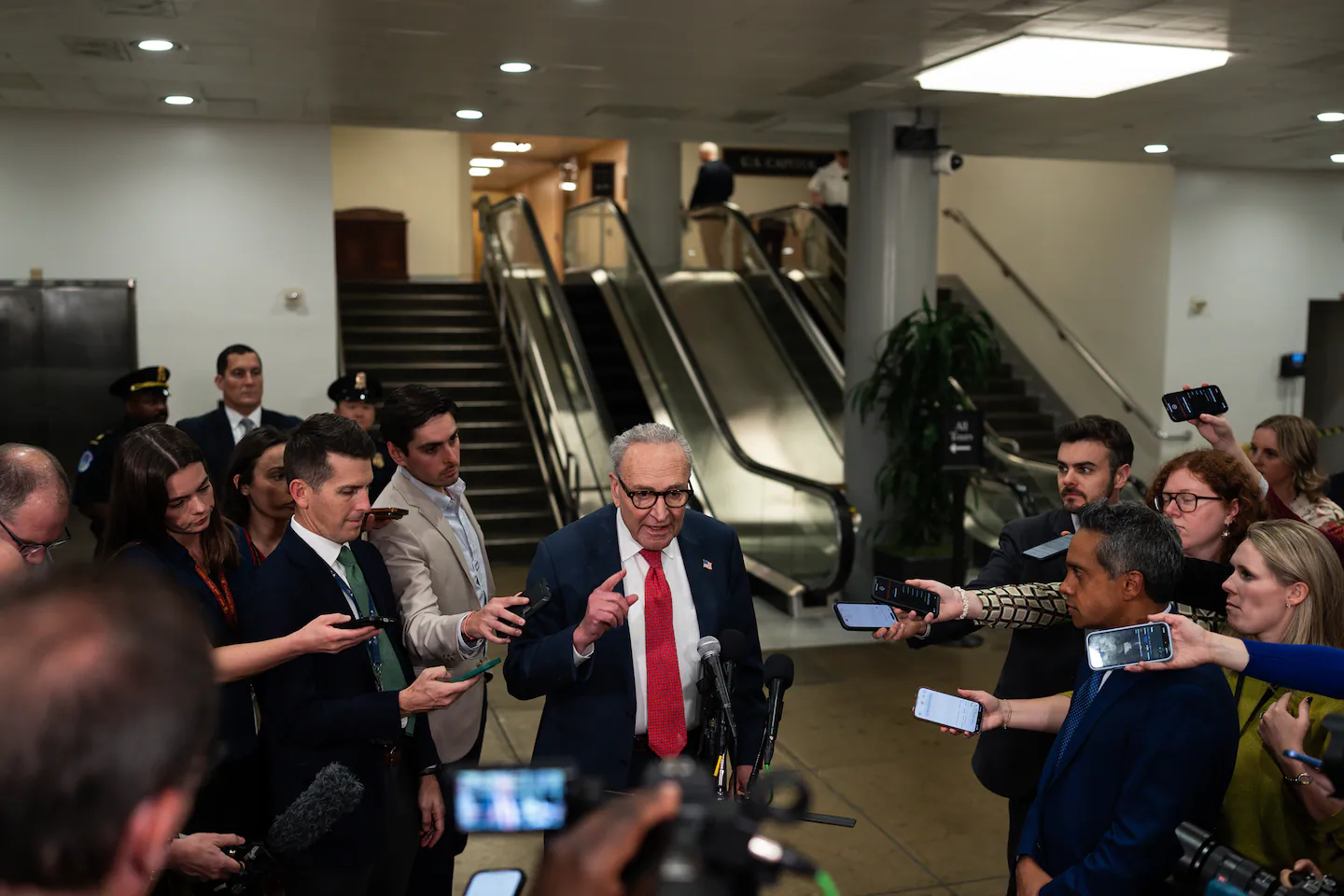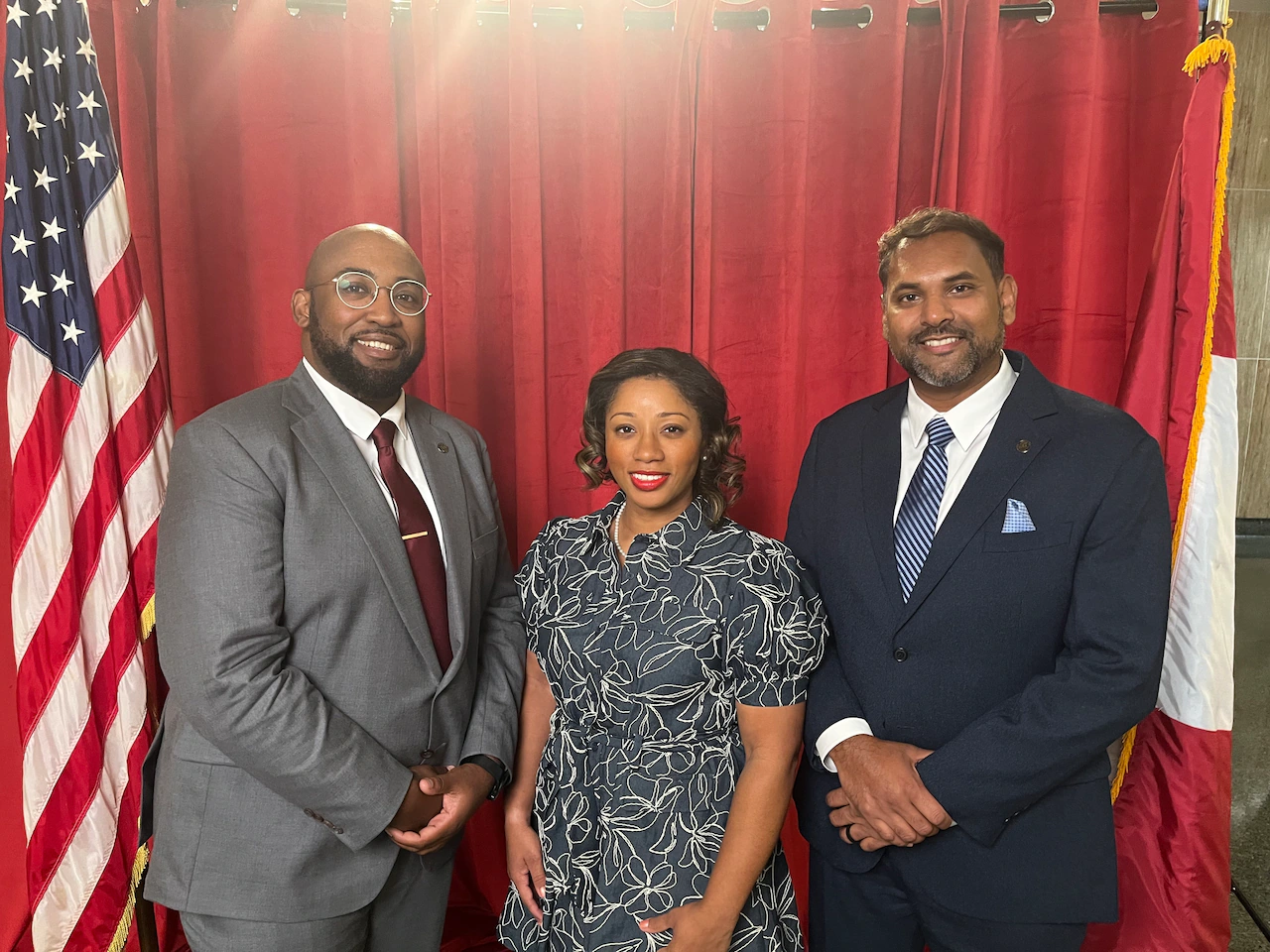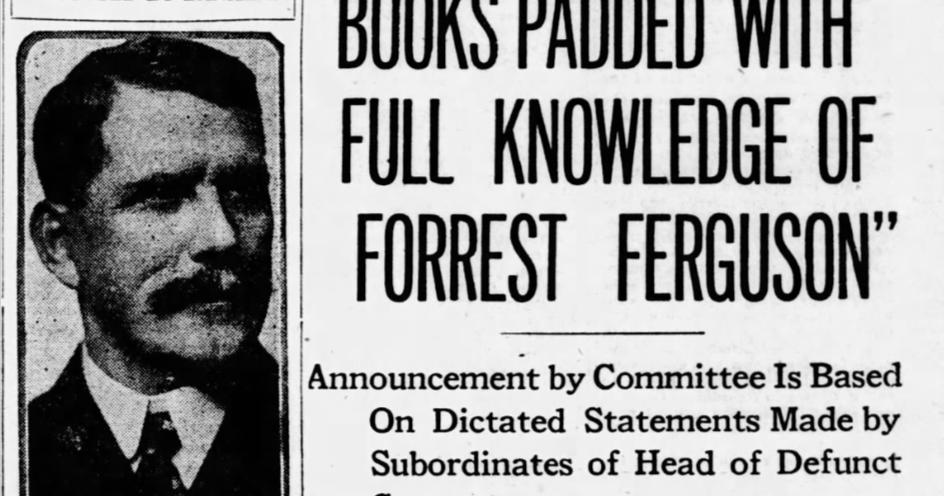Copyright The Boston Globe

“The Democrats need to stop the pain and suffering that they’re causing,” said Wyoming Senator John Barrasso, the second-ranking Senate Republican. “Forty airports, they’re cutting back, and it’s going to get worse. I’ve talked to the major airline presidents, they’re worried about safety.” Democrats agreed the flight delays would be a problem. But they were not relenting in their demand for Republicans to agree to extend expiring Obamacare subsidies in exchange for their votes to reopen the government. “The shutdown is pressure on everybody. It’s painful for Americans,” said Senator Peter Welch, a Vermont Democrat. “We’re in this dilemma where if we don’t extend the tax credits, people are going to lose health care. So that’s a lot of pressure, too.” Those competing pressures — the increasing ramifications of the shutdown versus health insurance premiums that are set to skyrocket without an extension of tax subsidies — have kept a deal out of reach. Even as the Senate was set to try a different approach on Friday, with a vote reportedly combining a short-term spending bill with three full-year appropriations bills funding parts of the government, there was no sign the shutdown would end soon. Democrats said President Trump’s failure to get involved in negotiations has been a major obstacle. So far, his solution has been to urge Senate Republicans to eliminate the filibuster, which would allow a simple majority to approve spending bills and any other legislation. But that’s a nonstarter because there aren’t enough Senate Republicans willing to drop the filibuster. In the meantime, Trump has sought to dial up the pressure on Senate Democrats to provide the votes needed to temporarily reopen the government. Since the shutdown began on Oct. 1, his administration has cut funding for projects in Democratic-run cities and states, laid off federal workers, and withheld money for food and heating assistance. All but a few Senate Democrats have held firm. They were further emboldened by Tuesday’s off-year elections, seeing the big victories in Virginia, New Jersey, New York City, and elsewhere as a sign that voters agree with the Democrats’ newly aggressive tactics in Washington. Despite all the partisan bickering, there are signs some in the Senate see a path to a compromise. A bipartisan group of senators reportedly has been talking behind the scenes about getting five Senate Democrats to provide the votes needed to advance a short-term government funding bill in exchange for a commitment by Senate majority leader John Thune to hold a vote on extending the Obamacare subsidies. But there are significant obstacles to such a deal. Progressives don’t just want a show vote. Senator Bernie Sanders, a Vermont independent and leading progressive voice, said a Senate vote to extend the subsidies would be meaningless unless House Speaker Mike Johnson and Trump are on board with the deal. “Maybe people feel good. They can vote on something, but the vote has got to mean something,” Sanders said. “That means a commitment from the speaker of the House that he will support the legislation and that the president will sign it.” Anything short of that, he said, would be “very, very dispiriting” to Democratic voters. “I think all over this country, people are saying, ‘Please, Democrats, you haven’t been strong in the past. Stand tall now. Protect us,’ ” he told reporters. “Some of you may have heard the expression when we fight, we win. . . . Well, when you cave, you lose.” Johnson, a Louisiana Republican, was in no mood to make a deal. Asked if he would guarantee at least a House vote on extending the subsidies, he was adamant that House Republicans did their job by passing a short-term funding bill on Sept. 19. He has held the House out of session since then. “I’m not promising anybody anything,” Johnson said Thursday. He downplayed the election outcomes. “They’re feeling emboldened because they had a few blue state election results?” Johnson said. “It does not change the fact that they have walked their party off a cliff with no parachute and no path forward.” Senator Jacky Rosen, a Nevada Democrat, said Trump calls the shots with House Republicans, making Johnson’s views irrelevant. “There is no Speaker Johnson. It is Speaker Trump,” she said. “So we have to be sure that we put the pressure back where it belongs — on the president." The top two Democrats in Congress, House minority leader Hakeem Jeffries and Senate minority leader Chuck Schumer, wrote to Trump after the election demanding a meeting with him to negotiate an end to the shutdown. Trump has ignored their request. “Stop hiding. Show some leadership,” Jeffries said Thursday. Jeffries, of New York, shrugged off the suggestion that the reductions in plane flights would change the minds of some Democrats and emphasized that their strategy remains the same. “We want to immediately reopen the government,” he said. “We want to find a bipartisan path forward to enacting a spending agreement that actually meets the needs of the American people.” But Virginia Democratic Senator Tim Kaine said the flight reductions could have an impact, as they did during the 2018-19 shutdown. “It was a critical factor in the president deciding we’ve got to exit this,” he said. “You have to keep people safe. But that starts to really stress the economy when commercial air traffic is disrupted in that way, and that does put some pressure on everybody to try to find the path.” As the shutdown drags on, frustration is rising on both sides of the aisle. “I think this is the strangest shutdown I’ve ever seen,” said Utah Republican Senator John Curtis, “and both sides think they’re winning.” Tal Kopan of the Globe staff contributed to this report.



